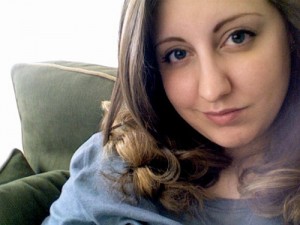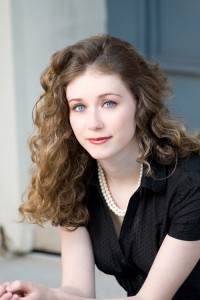Imagine Handel the month before he writes the hit of a lifetime: 56 years old, his career imploding. What does he do?

Sara MacKimmie, soprano
Imagine Handel the month before he writes Messiah, the hit of a lifetime: 56 years old, teetering on bankrupcy, a public indifferent to his beloved Italian operas, and his career otherwise imploding. What does he do? He returns to one of the genres of his happy youth, Italian vocal chamber music, and pens some of the cheeriest duets imaginable for two sopranos and continuo.
The next month when he begins Messiah, he takes those duets and transforms them into some of the most famous choruses ever written, such as “For unto us a child is born,” “All we, like sheep, have gone astray” and even “Hallelujah.”

Nola Richardson, soprano
Sopranos Sara MacKimmie and Nola Richardson will perform those original duets in a pre-Messiah mini-recital at 3:00 at the Amado Recital Hall of Irvine Auditorium, along with some of the duets he wrote in earlier days. Tempesta co-director Richard Stone accompanies on theorbo.
free admission with Messiah ticket
George Frideric Handel: Italian Duetti
- Nò, di voi non vo’ fidarmi, HWV 189 (London, 1741)
- Amor, gioie mi porge, HWV 180 (Rome, ca. 1707)
- Caro autor di mia doglia, HWV 183 (Hannover, ca. 1710)
- Quel fior che all’ alba ride, HWV 192 (London, 1741)
Click the play arrow to listen to a quick mash-up of the holiday favorite, Handel’s chorus “For unto us a child is born,” alongside its Italian precursor, “Nò, di voi non vo’ fidarmi.”
Handel: “For unto us” / “Nò di voi”